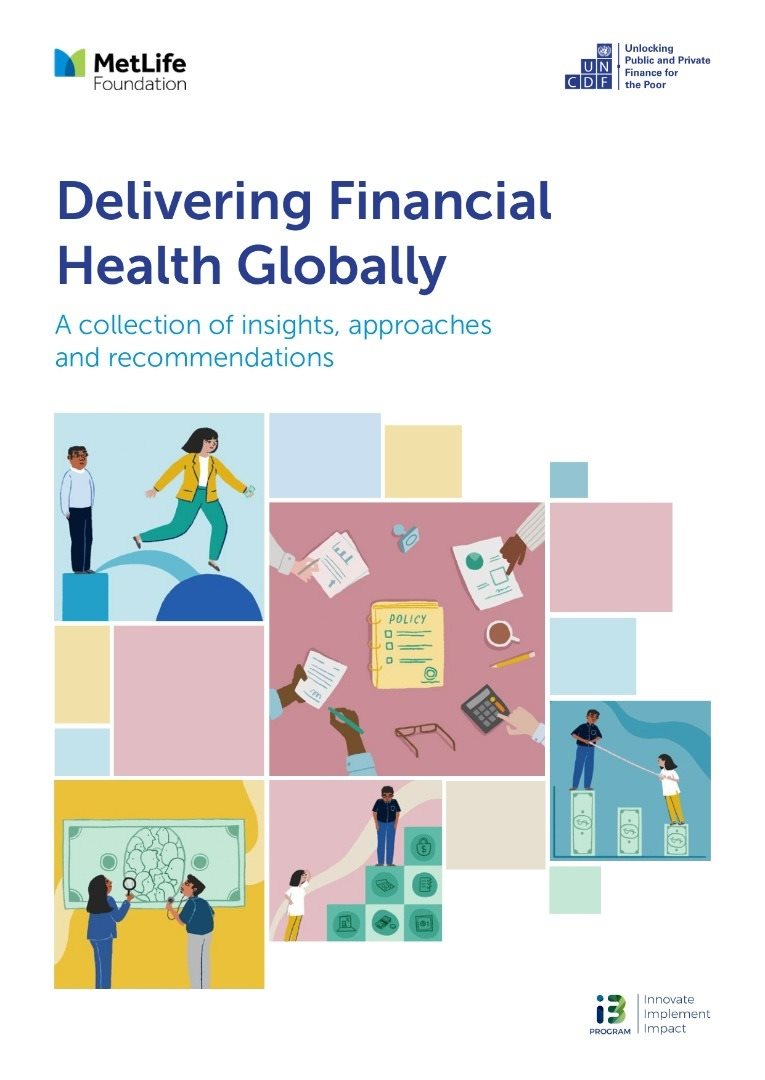In the last two decades, substantial progress has been made towards advancing financial inclusion for the world’s most vulnerable people. Since 2011, 1.2 billion people across the globe have obtained a financial account. Most governments now have a financial inclusion strategy and deliver government payments through the formal financial system. Youth, women and other historically marginalised groups are accessing and using financial products and services on a more regular basis.
That said, the COVID-19 pandemic has deeply exposed the weakness of our economic and social systems. People all over the world, especially low-and moderate-income (LMI) people are losing their jobs and seeing their income and assets erode. The pandemic has laid bare the financial vulnerability of vast segments of the global population. At the start of this crisis, the majority of the population in many countries were financially ill-prepared to weather a prolonged income shock. According to a study that mapped global financial resilience in 2017, more than two-thirds of adults in Kenya, Vietnam, Greece, Chile, Colombia and Bangladesh would not be able to cover basic needs for three months using just their savings or by selling assets in the event they lost their incomes.
In light of these vulnerabilities, there is a need for an approach that examines and advances the well-being of individuals and households. Financial health is an emerging topic of research, advocacy and practice that aims to understand, measure and ultimately improve the part of wellbeing that is associated with the financial life of individuals.
Financial health is a comprehensive approach, and this makes it an effective tool to address the Sustainable development Goals (SDGs). Poverty reduction (SDG 1) is a key objective that motivates government and private sector financing for financial inclusion interventions globally. Easier or more affordable access to loans that support the income growth or diversification can enable people to overcome poverty. However, to ensure a sustainable impact, the broader lens of financial health is needed because it focuses on preparedness and building resilience as well as the big picture, such as long-term financial goals.
This white paper aims to create a baseline from various discussions on financial health and builds an evidence base from the work done by institutions and individuals globally. The paper explores the constituents and drivers of financial health, how to measure it and the role of various stakeholders. It also serves as an effort towards a common and shared understanding on the subject, while aiming to build a coalition of public, government, and private sector actors who could be willing partners in collective learning and action towards enhancing financial health globally.
Click here to download the Spanish version of the white paper
For more information, contact Jaspreet Singh (jaspreet.singh@uncdf.org) or Rakhi Sahay (rakhi.sahay@uncdf.org).
